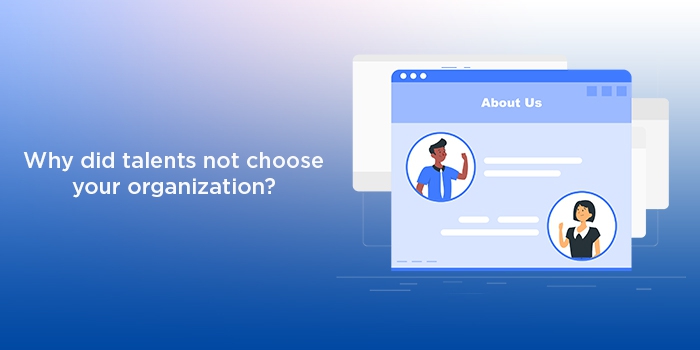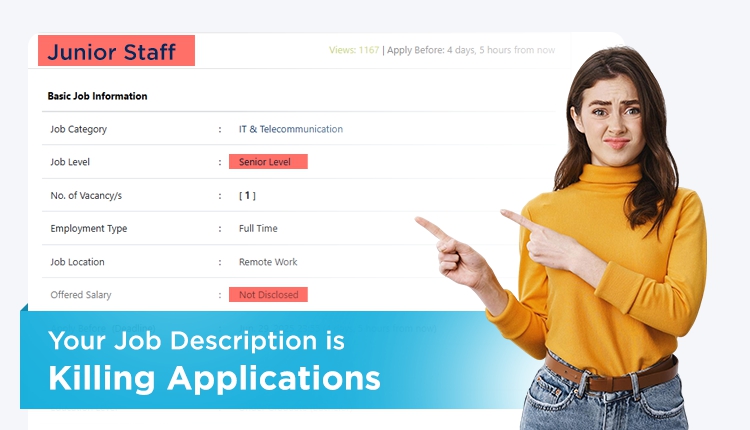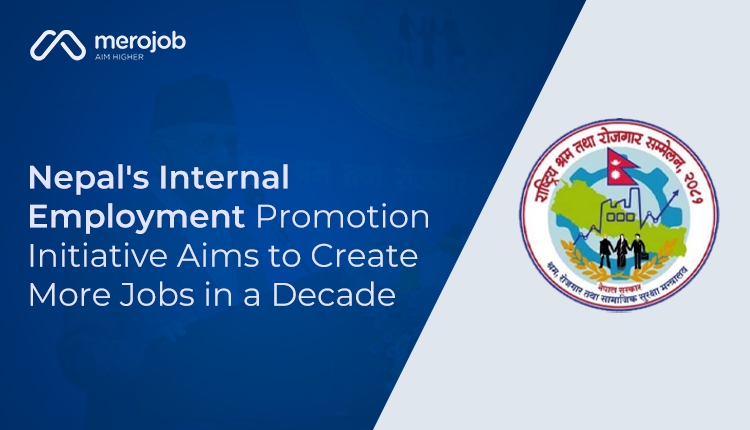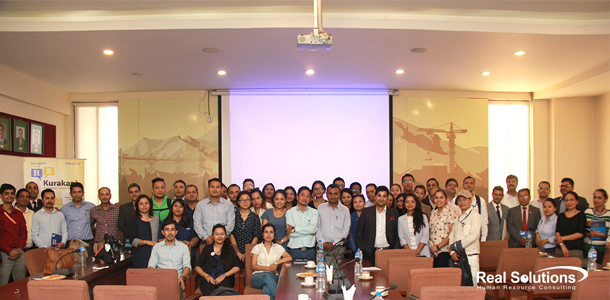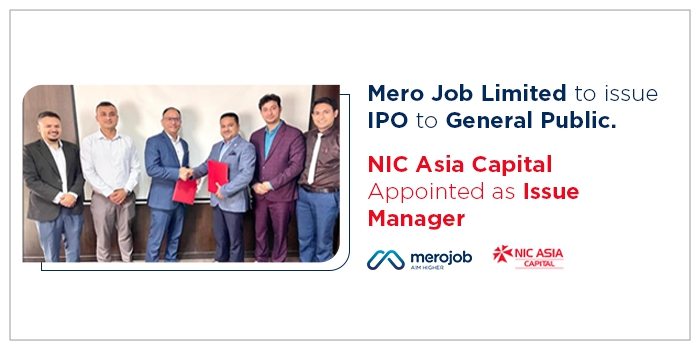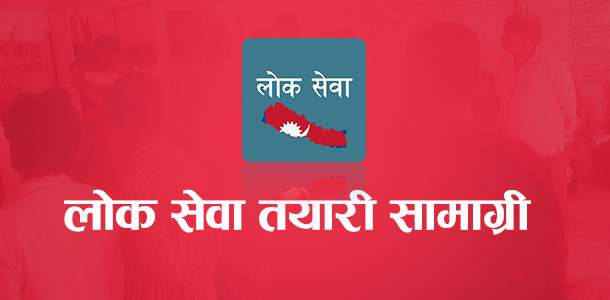 It’s unfortunate when you finally find a qualified candidate for your organization and the talent doesn’t want to work with you. It is uncommon for talents to turn down a job offer when there are many job seekers and few jobs. However, in a tight labor market talents have the freedom to choose, so if the talents feel the opportunity does not fit their criteria, they do not hesitate to turn down the offer.
It’s unfortunate when you finally find a qualified candidate for your organization and the talent doesn’t want to work with you. It is uncommon for talents to turn down a job offer when there are many job seekers and few jobs. However, in a tight labor market talents have the freedom to choose, so if the talents feel the opportunity does not fit their criteria, they do not hesitate to turn down the offer.
While this is unquestionably frustrating for employers, there is no need to despair. Talents rejecting job offers are not completely out of your hands. There are often changes that can be made to increase the acceptance rate. The key is to understand why talents are turning down your organization. Here are some common reasons talents tend to turn down a company:
Company culture is not a good fit
It is worth digging into what talents value the most. According to a survey conducted by merojob, over 25 calls, 16 candidates said they would prefer and prioritize working in a company with positive work culture and environment. So if the talent is predominantly leaving their company for one with a better environment or culture, it's best you know beforehand.
If everyone in your organization fits into the same demographic, talents who are from a different ethnicity may feel that they do not belong or will not be accepted by their co-workers. Also, when talents feel there is a mismatch of your values, beliefs, and attitudes to their own, or if they struggle to understand your company culture, they won’t want to work for you.
At times, talents may be looking for an organization that gives back to society by conducting CSR or other volunteering activities, and if your company at the moment is not involved in such projects. This might cause the talent to perceive that the workplace doesn’t align with their personal interest.
To avoid a cultural clash, work on attracting people who match your organization’s culture by ensuring everyone who works for you is clear on the workplace values and mission, talk about your culture in detail on your careers page and communicate it through your marketing. It is also essential to keep in mind what kinds of approaches are acceptable and strictly prohibited in Nepalese culture while trying to create a positive environment in the workplace.
Understanding talent’s motivation and what they look for while searching for companies can come in handy. Their gut feeling regarding the work culture and environment might be the reason for them to not join your organization. Vacations, flexible working hours, and team retreat trips such as annual company trips are some cool perks companies can offer.
No scope for career growth
Some careers offer more opportunities for growth than others, depending on the company’s organizational structure. As career goals are dynamic, one of the most attractive factors of any new role is an opportunity for growth. On top of that talents seek leaders who are transparent, accessible, honest, authentic, and who invest in them. When an organization’s leaders are front and make themselves available to everyone, it creates a sense that “we’re all in this together,”
Good organizations have clear and frequent appraisal processes in place, recognizing the achievements of their employees, at least monthly or weekly. Also, the most successful people in the industry think outside of the box and are innovative. If your workplace doesn’t approve talents to take initiatives that might be causing them to avoid your organization.
However, there is a fix to this, the interviewer can ask questions to talents that reveal their career goals and what they are looking for. Discuss how you can support each potential employee’s personal and professional goals. This will show the talents how serious your organization takes employee growth and development.
Better salary and benefits elsewhere
Two of the tertiary things talents look for while searching for a job are salary and benefits. So, if a different organization is offering them a lucrative salary and better benefits, then talents are likely to go work with them. The best way to tackle this is by making sure you are transparent about your salary from the start.
This means confirming salary expectations during the first phase of recruitment as well as being informed of other opportunities the talent is interviewing for and making sure everyone is on the same page. It is better if the talent walks away early rather than going through the whole recruitment process just to hit into salary problems.
If talent rejecting your organization for salary is a recurring matter, it may be time to evaluate if the salary you are offering is up to par.
Negative experience during the interview process
First impressions matter, so if talents are declining your organization it might just be because they had a negative experience with the recruiters in the interview process. Perhaps, you had several interviews to take, and it took a long time to filter out the job applicant and communicate with the candidate. This slow hiring process can damage your organization as you might lose out on the best candidate. But if this is the case then you have the power to resurrect it.
To avoid this, you could create a positive environment for all talents and be respectful toward them. Learn tips and tricks for conducting an effective job interview. Train the HR managers and interviewers to conduct interviews and hold them responsible for it. The moment talents step in the door till they leave they are examining you as much as you are examining them. So remember to make them feel comfortable and pleasant.
Behaviors like complimenting the applicant on his or her attire or appearance, staring, winking, making comments or jokes during the interview are just a few examples of acts that are not tolerable. Interviewers who flirt during interviews should be counseled about workplace harassment and fired if he or she does not correct their behavior.



Source: CareerPlug
Weak employer brand
Job seekers are researching your company before and after applying for the position, which is why a bad reputation can negatively affect the hiring process. Bad reviews online or from previous or current employees can act as a delicate subject that can turn the talents away from your company. People talk and negative word of mouth can have an adverse effect.
Rather than being stressed about the negative comments, you could see them as an opportunity to do something better. After all, all feedback helps detect the areas in your company you need to work on. If employees in your company are unhappy then get together with the HR department and start working on the issues. Not only will this help you to retain employees but also help build your employer brand.
Different expectations regarding work
One of the unexpected reasons talents turn down a job offer is the job role and responsibilities. An interested candidate walks into the room for an interview and later finds out the job wasn't exactly what they thought it was. The disappointment and the feeling that they wasted their time immerges.
There is a solution for this which lies within an effective job posting. Take enough time to think about the roles and responsibilities and write them down accurately. Job seekers use the job post as a guide while trying to decide whether or not they want to work for the company.
Compromised workplace safety
The seventh biggest reason talent turns down companies is over health, workplace safety measures. A work environment free from injuries and accidents attracts new talents, whereas compromised workplace safety repels new as well as existing employees. For instance, Covid concerns may play a bigger role in certain professions. Talents in the personal and health care industries tend to be more concerned about the company's Covid safety measures which is why they are quicker to decline an offer.
Providing a safe and healthy workplace is important for both candidates’ and employees’ wellness in any industry. Make sure that you have the proper protocols in place to address these concerns. You can let job seekers know how you are handling COVID concerns in the job posting and also take the time to discuss this with talents. If possible opt to phone interviews or video interviews.
Very few companies will ever reach a 100% acceptance rate no matter how good the company is due to talents varying reasons. There is always a better apple elsewhere and talents are always comparing for a better opportunity. However, employers can do and address the things mentioned above to scale up the acceptance rate.
If you want to learn how to manage human resources in the context of Nepal click here.
